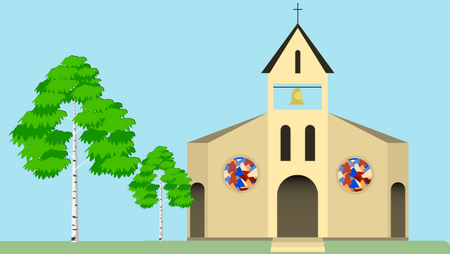
God's Peace and Kids' Hope
Bible Verse
8 Show us your love and save us! Psalm 85:8
Hope is a wonderful thing, though sometimes it’s elusive. That is why we’ve created these Hope series parent blogs to define how God gifts hope to us with his peace, presence, provision, and partnership. As we weave our way through these four aspects of God’s love for us, you’ll also notice they are knitted together like a cord. Each piece works with and through the others, but we’re using these four categories to make it easier to talk about hope with our children. Let’s start with peace.
Psalm 85:8 tells us that God “speaks peace to his people and to his faithful ones.” That peace can be a remarkable gift, especially when we’re sitting in hospital waiting rooms, walking away from a fight with loved ones, or stressing over an unexpected job loss.
But Psalm 85:8 doesn’t stop there. It also has a warning: “Don’t let [his faithful ones] return to their foolish ways.” We act foolishly when we fail to “follow [his] decrees and are [not] careful to obey [his] commands” (Leviticus 26:3).
But what does peace have to do with hope? And how can we help our children experience God’s peace in a world that seldom feels calm or tranquil?
The Hope Connection
The connection is found in the promises of God. In Leviticus 26:4-13, God tells the Israelites that he will give them “peace in the land.” That peace involves no fear, plentiful food, and God’s presence.
However, the Israelites are not at peace in Leviticus. Moses is on Mount Sinai. The Israelites have no home. There are no protective walls. Food insecurity is ever-present. But feeling peace doesn’t rely on our current situations. When we feel peace that can’t be explained by our circumstances, it’s a tangible reminder of God’s promises. Those promises—he will be with us (Romans 8:38-39), he will guide us (Psalm 32:8), and he will love us (Jeremiah 31:3)—give us hope, because God always keeps his promises.
Teaching Peace in a Rocky World
This peace and the hope it brings are gifts from God. We can’t teach it to our children, but we can help them prepare their hearts to receive it by raising them to follow God’s command to love him and love others (Matthew 22:37-39).
Love God. Any time we use our God-given gifts to help others, it’s an act of love towards God (Matthew 25:40). This means when our children clean up the environment, bake cookies for friends, paint pictures for us, or tell others about Jesus, they are actively loving God. Other acts of love are prayer and Bible reading, because they nurture our children’s faith.
Love Others. Your kids will not be friends with everyone. There will be mean kids in their lives like Karl in the devotion. But they can still act friendly towards everyone by praying for mean kids, looking for children who are alone and might want a friend, or being an ally to those who are bullied.
God “speaks peace” to us. But he also wants us to “speak peace” to others. When we strive to love and serve God and others, we can truly experience all of God’s blessings and the hope they bring.
For help teaching your children to pray, check out the KC eBooks on prayer and Bible reading.
Want to do a deep dive? Check out Family Fire's article Keeping the Peace with Children at Home



